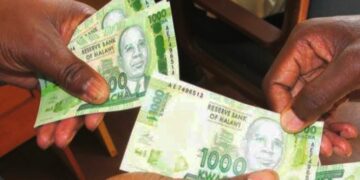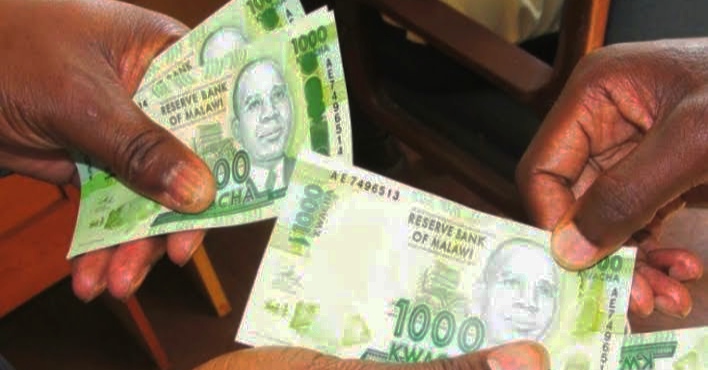By John Ikani
Malawi announced a 25 percent devaluation of its currency on Thursday in a bid to shore up dwindling foreign exchange reserves and curb inflation.
Announcing the move in a statement on Thursday, Central Bank of Malawi said it was in line with recovery package talks between the government and International Monetary Fund (IMF).
The statement went on to note that the currency depreciation — the highest in a decade — would come into effect on Friday.
The last time the country saw a major currency devaluation was in 2012 when the Malawian kwacha was devalued by 33 percent.
For six months, Malawi has seen its foreign currency reserves shrink sharply due, according to the Central Bank, to a drop in export revenues due to the Covid epidemic and a rise in the cost of imports, particularly raw materials, due to the war in Ukraine.
The country was also hit by two devastating cyclones in 2022.
“The supply-demand imbalance has manifested in the domestic foreign exchange market in a number of ways, including low foreign exchange supply (and) declining official foreign reserves,” the bank said.
Finance Minister Sosten Gwengwe told AFP the government had planned the devaluation move “some time back”.
“We had to do this,” he said. “The central bank was struggling… because of the overvalued Kwacha”.
Malawi’s inflation for April hit 15.7%, triggered by a rise in food and non-food prices.


































